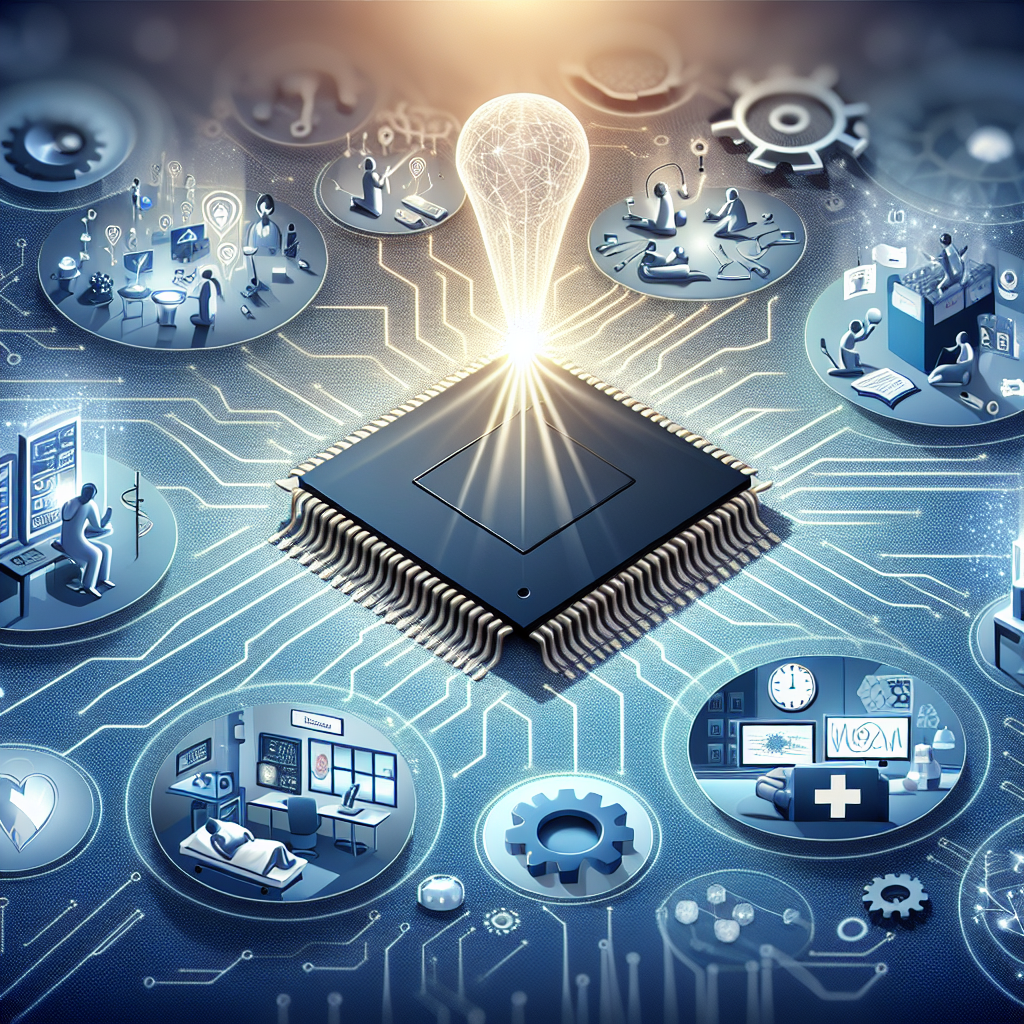Your cart is currently empty!
Semiconductors in Healthcare: Innovations and Applications

Semiconductors have revolutionized the healthcare industry with their wide range of applications and innovations. These tiny devices are the backbone of modern medical technology, enabling advancements in diagnostics, treatment, and patient care. From wearable health monitors to medical imaging equipment, semiconductors play a crucial role in improving the quality of healthcare services.
One of the most significant contributions of semiconductors in healthcare is in medical imaging. Devices such as X-ray machines, MRI scanners, and CT scans rely on semiconductor technology to produce detailed images of the human body. These images help doctors diagnose and treat various medical conditions with greater accuracy and precision. Semiconductors have also enabled the development of portable imaging devices, making it easier for healthcare professionals to provide on-the-spot diagnosis and treatment.
Another key application of semiconductors in healthcare is in the field of biosensors. These devices are used to monitor and analyze biological signals, such as blood glucose levels, heart rate, and oxygen saturation. By integrating semiconductor technology with biological materials, researchers have been able to create highly sensitive and accurate biosensors that can detect even the smallest changes in a patient’s health. This has paved the way for the development of wearable health monitors, which allow individuals to track their health in real-time and take proactive measures to prevent illness.
Semiconductors have also played a crucial role in the development of personalized medicine. By analyzing a patient’s genetic makeup and medical history, doctors can tailor treatment plans to suit their individual needs. Semiconductor-based technologies, such as gene sequencing and molecular diagnostics, have made it possible to identify genetic mutations and biomarkers that can help predict a patient’s response to certain medications. This personalized approach to healthcare has led to more effective treatments and improved patient outcomes.
In addition to diagnostics and treatment, semiconductors are also being used in the field of telemedicine. With the help of semiconductor devices, healthcare professionals can remotely monitor patients, provide consultations, and even perform surgeries from a distance. This has proven to be particularly beneficial in rural or underserved areas where access to healthcare services is limited. Semiconductors have made it possible to bridge the gap between patients and healthcare providers, ensuring that everyone has access to quality medical care.
Overall, semiconductors have transformed the healthcare industry by enabling new innovations and applications that improve patient care and outcomes. From advanced medical imaging to personalized medicine and telemedicine, semiconductor technology continues to drive progress in the field of healthcare. As researchers and developers continue to push the boundaries of what is possible with semiconductors, we can expect to see even more groundbreaking advancements in healthcare in the future.

Leave a Reply